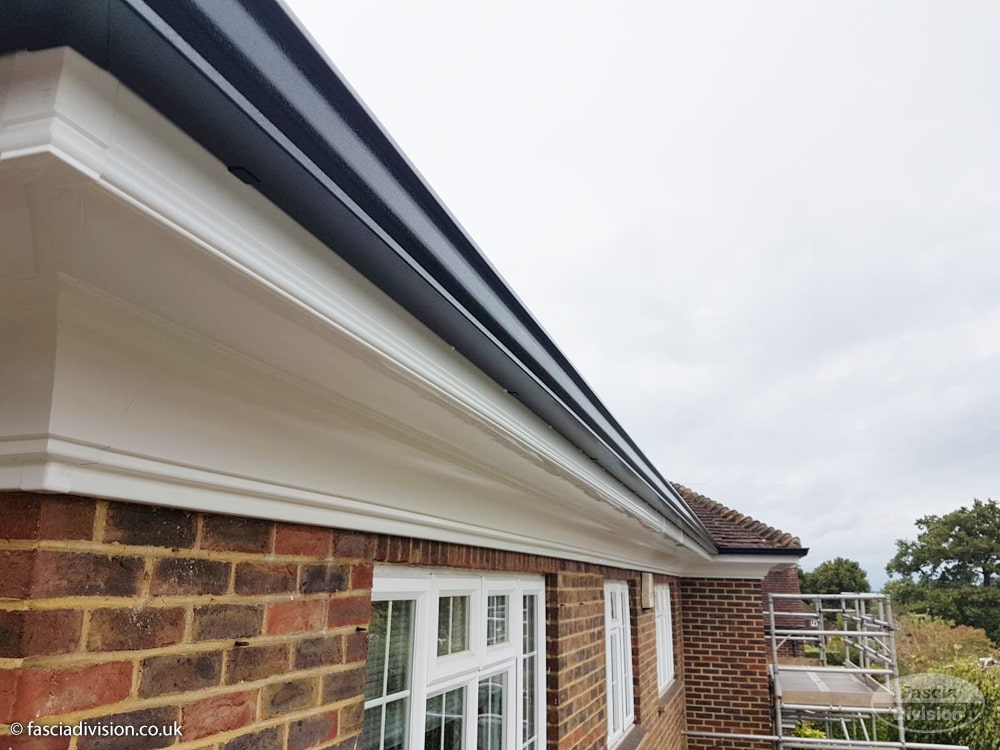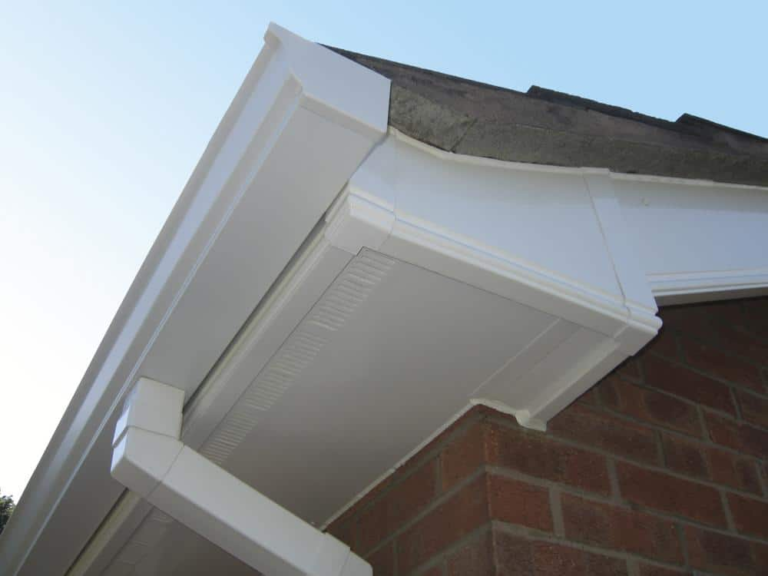See What Eaves Replacement Tricks The Celebs Are Making Use Of
페이지 정보

본문

The Complete Guide to Eaves Replacement
Eaves are an essential part of a building's roof. These overhanging edges serve multiple functions, from directing rainwater far from the structure to enhancing the aesthetic appeal of a structure. Nevertheless, like any other structure part, eaves can use out gradually due to direct exposure to the elements. This article will explore the importance of eaves, the signs that show a requirement for replacement, the process of eaves replacement, and regularly asked questions associated with this topic.
Comprehending Eaves
Eaves are the part of a roofing system that overhangs the walls of a structure. They can be found in numerous architectural designs, and their design typically depends upon the building's total aesthetic. The primary functions of eaves are:
Water Management: Eaves help in directing rainwater away from the walls and structure, thus avoiding water damage and erosion.

Protection: They shield the structure from direct sunshine, which can assist in decreasing cooling costs in warmer climates.
Aesthetic Appeal: Eaves contribute substantially to the architectural design and charm of a building.
Kinds of Eaves
There are mainly two types of eaves: Open Eaves and Closed Eaves.
Open Eaves: These have actually exposed rafters or beams and offer a rustic look. They are easy to preserve however might need more attention to avoid water damage.
Closed Eaves: These are finished with a soffit and fascia, developing a cleaner appearance. They frequently are much better at concealing important components, such as ventilation systems.
| Feature | Open Eaves | Closed Eaves |
|---|---|---|
| Visual Appeal | Rustic | Tidy |
| Maintenance Ease | Much easier | More Complex |
| Defense Level | Moderate | High |
Signs That Your Eaves Need Replacement
It is crucial to check eaves periodically to guarantee they are in good condition. Some signs that show a requirement for eaves replacement include:
Visible Damage: Cracks, holes, or considerable wear are clear indicators that your eaves may require replacement.
Water Stains: If you notice water stains on interior walls or ceilings, it could recommend that water is not being adequately directed away.
Drooping or Drooping: Eaves that sag or sag might signify structural failure or heavy water accumulation.
Rotting Wood: Wood eaves are prone to rot. If the wood feels soft or shows indications of decay, replacement is needed.
Pest Infestation: Evidence of bugs like ants or termites can be a sign of instability in the eaves and thus a requirement for replacement.
The Eaves Replacement Process
Replacing eaves can be a labor-intensive task, frequently needing professional assistance. Below is a step-by-step procedure of how eaves are generally changed:
Assessment: Identify damage and determine the type of eaves that need to be replaced.
Removal: Carefully get rid of the existing eaves. This might include cutting nails or screws and making sure that contributing structures are not harmed.
Preparation: Inspect and repair any damage to the underlying structures, such as fascia boards.
Installation: Install the brand-new eaves. This includes attaching them safely to guarantee avoid future problems.
Finishing Touches: After installation, painting or sealing the eaves may be necessary to protect against the components.
Inspection: Carry out a final inspection to guarantee that everything has been installed properly and that there are no leakages.
Maintenance Tips for Eaves
When the new eaves are set up, it is vital to keep them well-kept. Here are some ideas:
- Regularly tidy rain gutters to prevent blockages.
- Examine eaves after heavy storms for any damage.
- Paint or seal wood eaves every 3-5 years to prevent rot.
FAQs About Eaves Replacement
Q1: How long does it generally require to replace eaves?A: The period depends upon the size of the job and complexity however can vary from a few hours to a couple of days.
Q2: Can I change eaves myself?A: DIY replacement is possible for those with the right skills and tools. Nevertheless, hiring professionals is recommended for security and effectiveness, specifically for intricate structures. Q3: What materials are commonly utilized for eaves?A: Eaves can
be made from various materials, consisting of wood, vinyl,
aluminum, and fiber cement. The option often depends on the structure's style and ecological conditions. Q4: How much does eaves replacement normally cost?A: Costs vary significantly based upon place, materials picked, and labor charges, typically varying
from ₤ 100 to ₤ 300 per direct foot for installation. Q5: Can I alter the design of my eaves?A: Yes, eaves can be replaced with a different style during the replacement procedure, enabling property owners to improve their building's aesthetic appeals. Eaves play a crucial function in safeguarding a building and improving its appearance. Routine evaluations and timely replacements are imperative to preserve both functionality and aesthetic appeals. While eaves replacement can be a complicated job, comprehending the process and knowing when to act can make it more manageable. Interested homeowners should speak with experts to guarantee a successful replacement process customized to their specific requirements.
- 이전글Slate Paving For The House 25.07.20
- 다음글Generators Are For The Homeowner 25.07.20
댓글목록
등록된 댓글이 없습니다.
